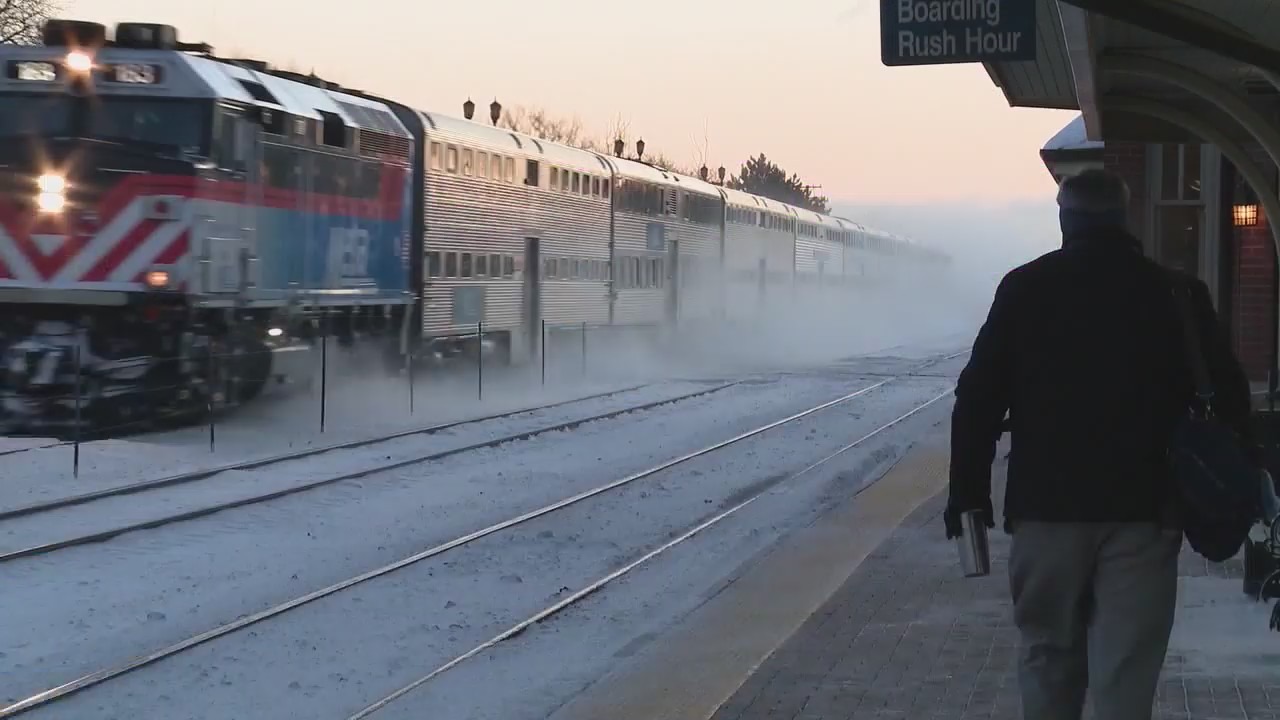Metra adopts new passenger code of conduct

New code of conduct for Metra passengers
Metra is adopting a new passenger code of conduct and for the first time ever, it can be reinforced with rider suspensions or confiscated fare cards.
CHICAGO - Metra is adopting a new passenger code of conduct and for the first time ever, it can be reinforced with rider suspensions or confiscated fare cards.
Suspensions can range from 10 days to one year, with repeat offenders getting more time. Metra will also maintain a database of those that violate the new protocols.
According to Metra, prohibited behaviors include the following:
- Verbally or physically threatening the safety of another person/others.
- Causing or attempting to cause physical harm to another person/others.
- Pushing or attempting to push another person/others.
- Hitting, kicking, or attempting to hit or kick another person/others.
- Attacking or threatening to attack another person/others with a weapon. This includes, but is not limited to, waving weapons or pointing a gun at another person/others (regardless of whether the gun is loaded).
- Throwing or attempting to throw things at another person/others.
- Spitting on or attempting to spit on another person/others.
- Sexually assaulting or attempting to sexually assault another person or persons.
- Engaging in acts of public indecency.
The new policy was adopted on Wednesday by the Metra Board of Directors.
Anyone caught engaging in any of the prohibited behaviors will receive a notice from Metra Police and have a hearing date scheduled for confiscation of fare cards.
Those who are in violation may also be issued a criminal citation if warranted.
Last year, a Metra train conductor was robbed at gunpoint. A company spokesperson says although Metra has not seen a dramatic increase in crime, the newly adopted passenger code of conduct serves as a safety net for Metra workers and riders.
Shaun Wilson has been riding Metra nearly two decades, mostly issue free. Although few and far between, Aaron Harris has had a different experience.
"There was a young man, he got on the train and started begging. When he didn't get what he wanted, he pulled out a knife," Harris said.
Metra is comprised of 11 separate train lines, in and out of downtown Chicago, serving 100 communities — with nearly 300,000 weekly riders.

